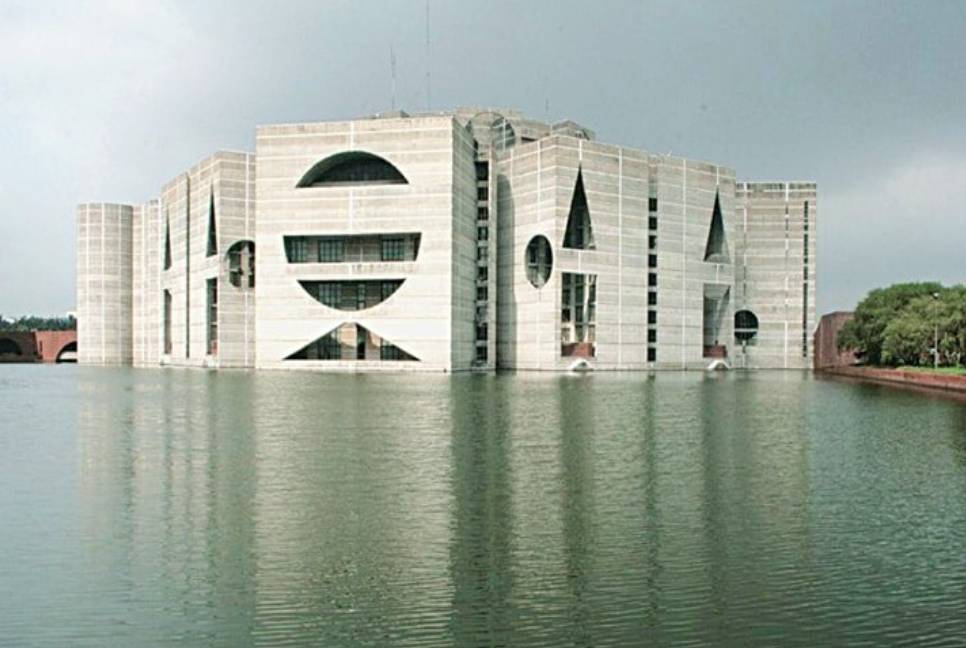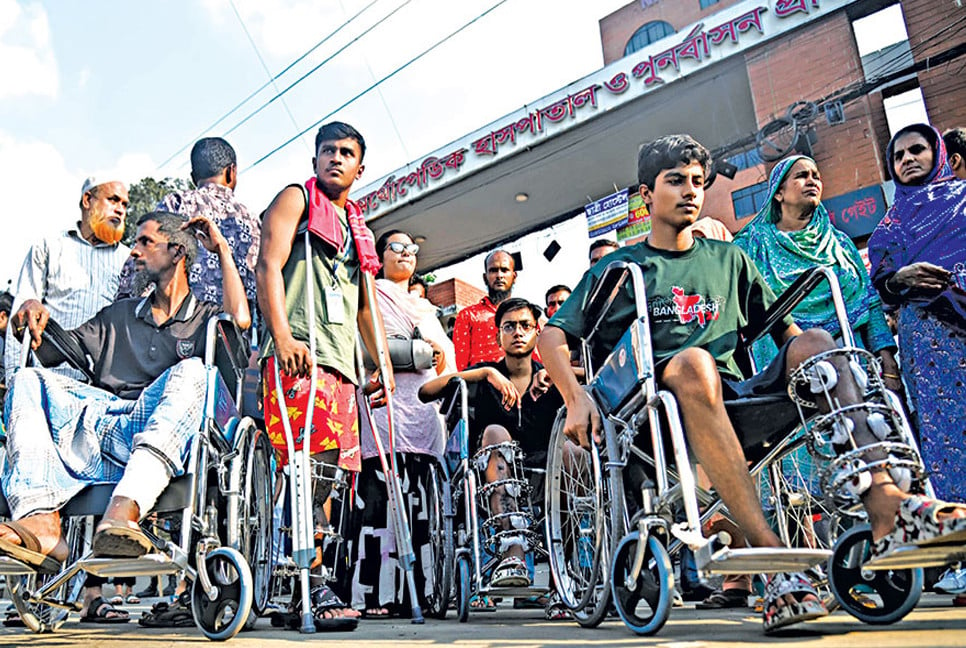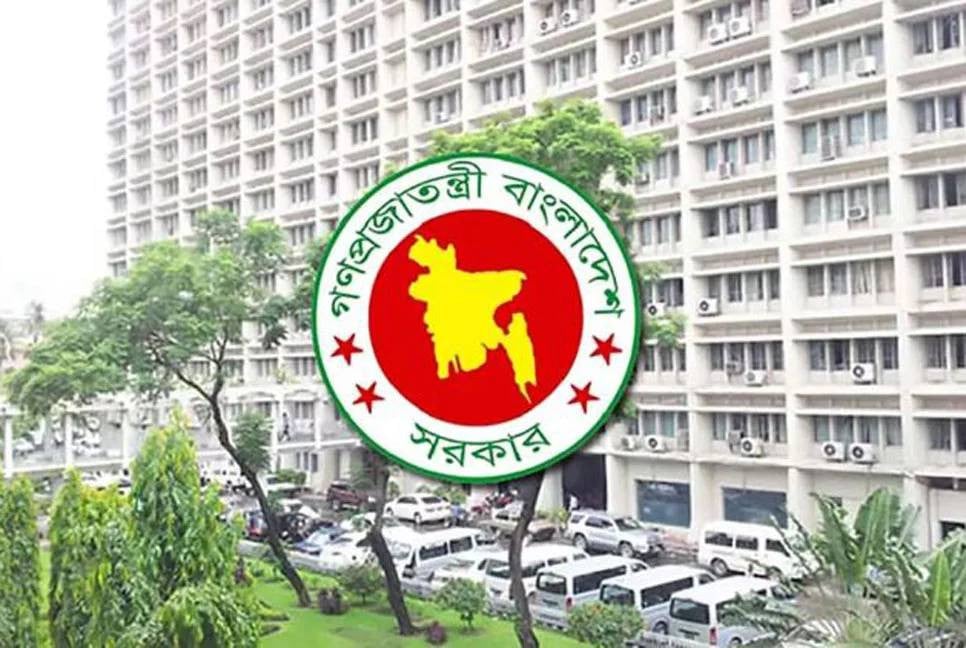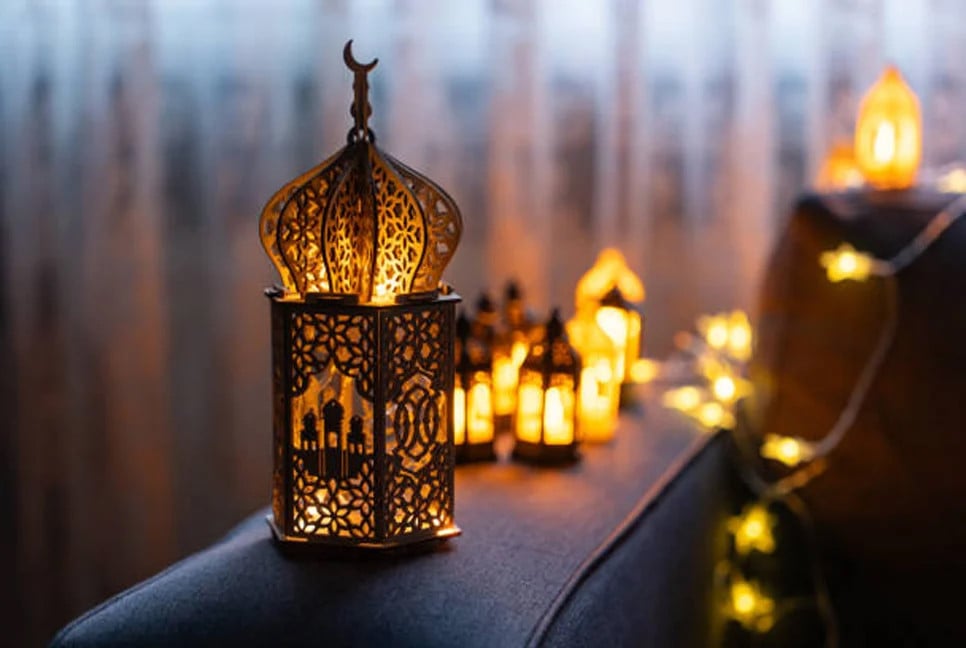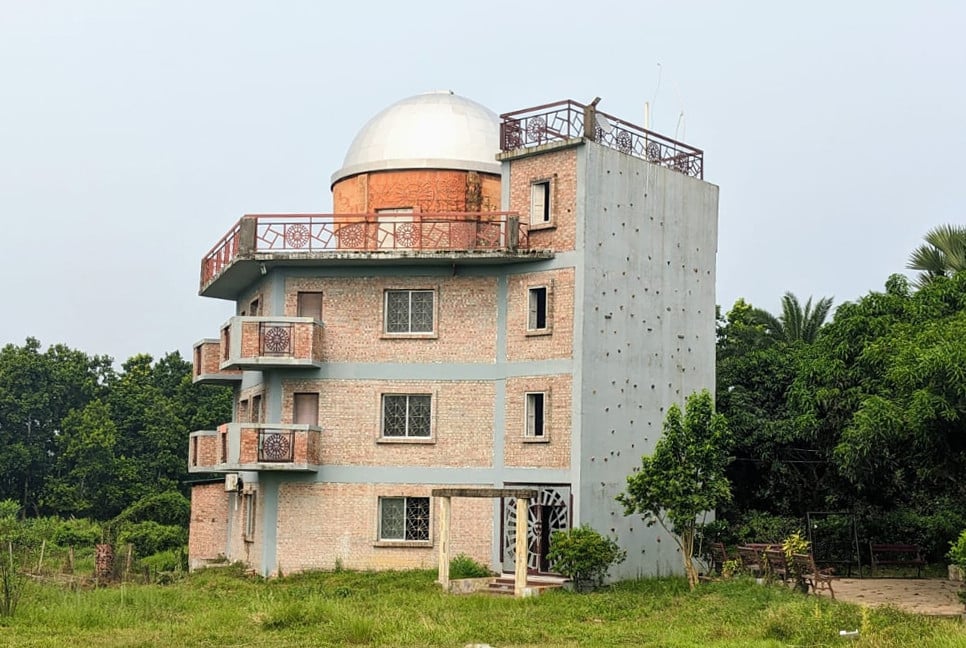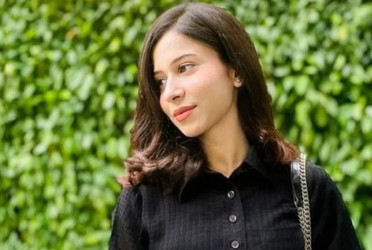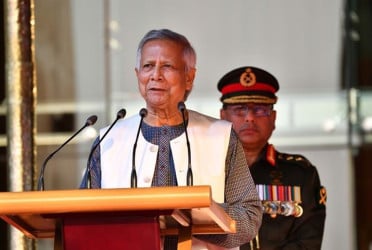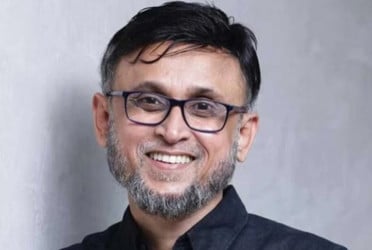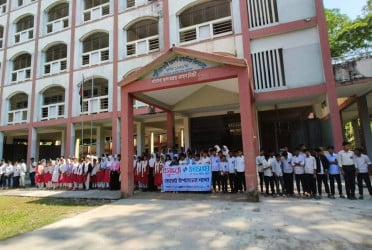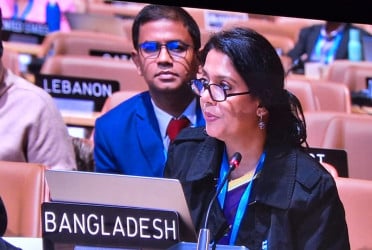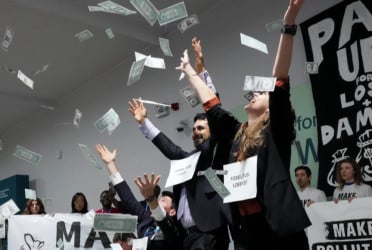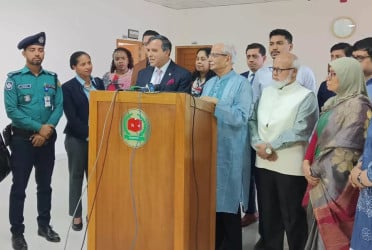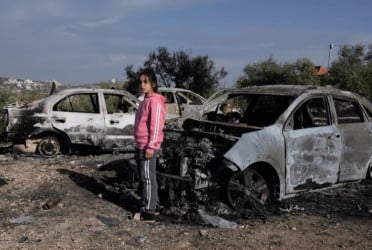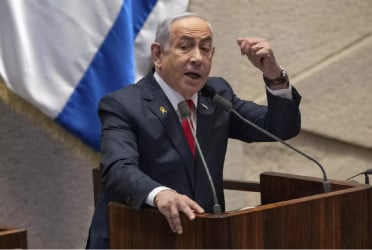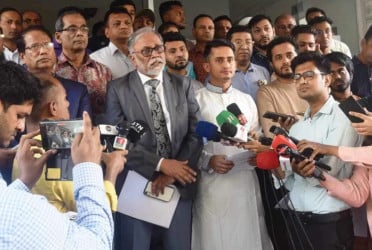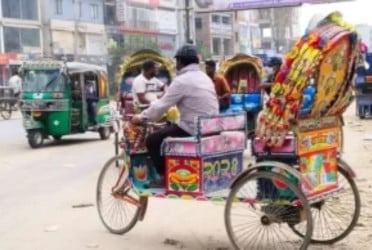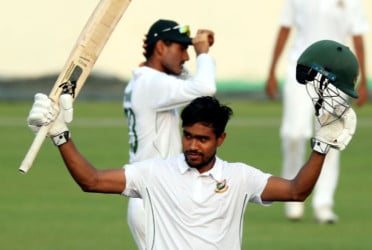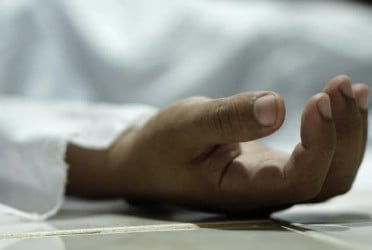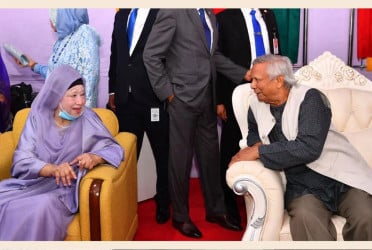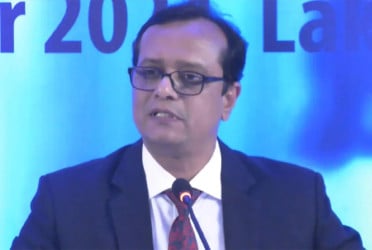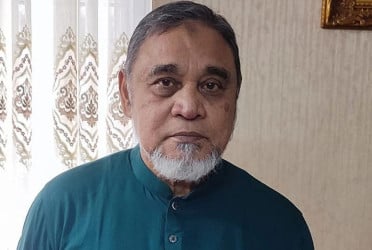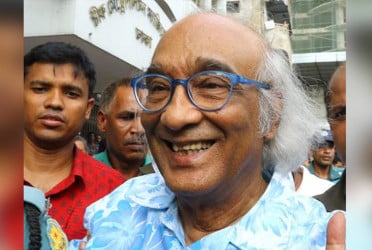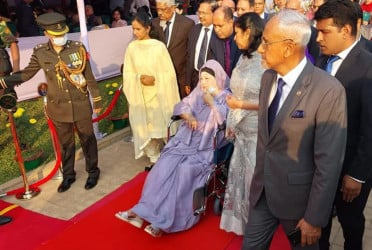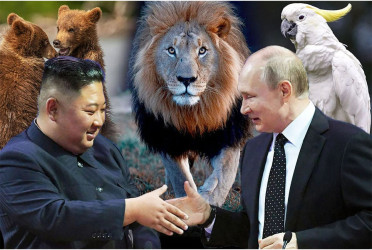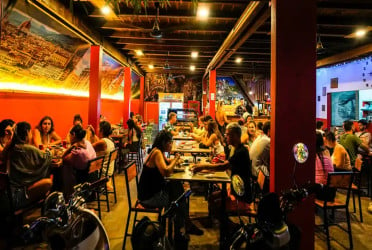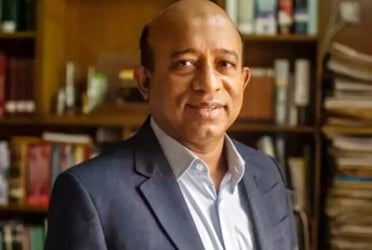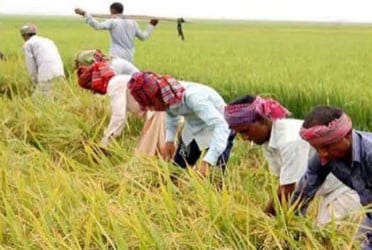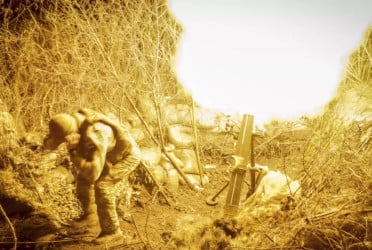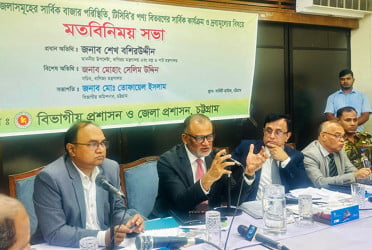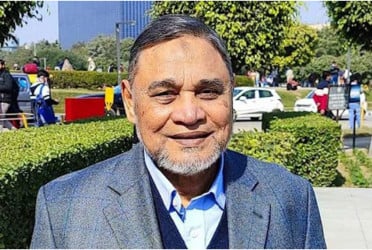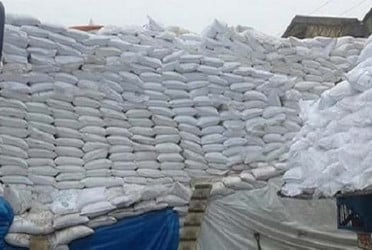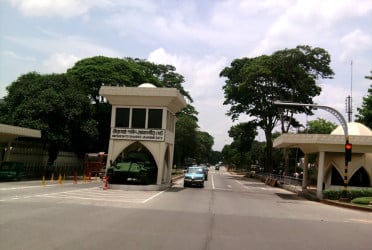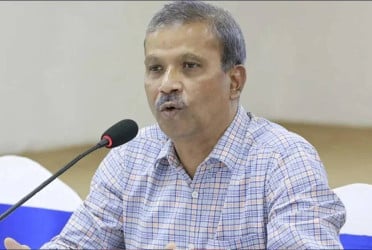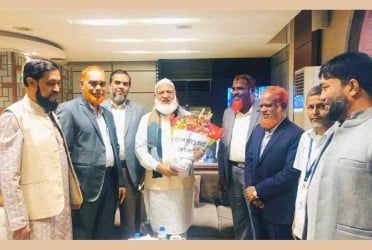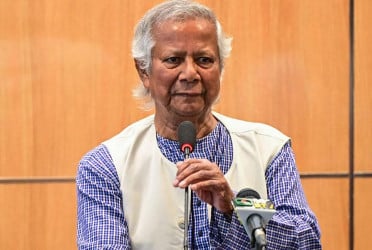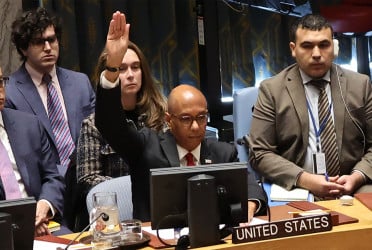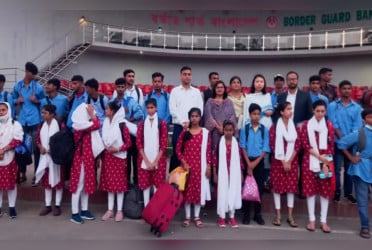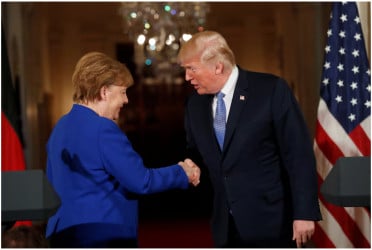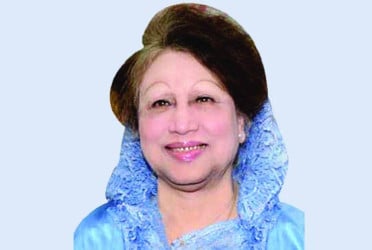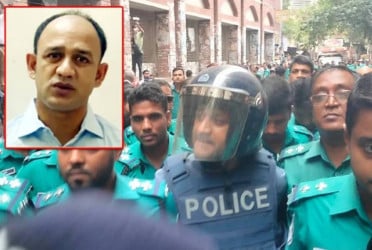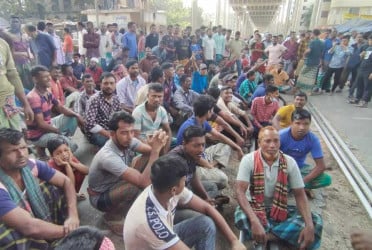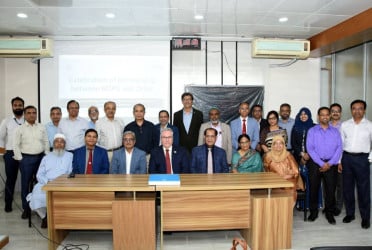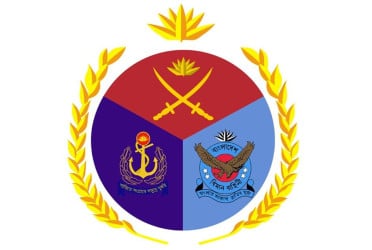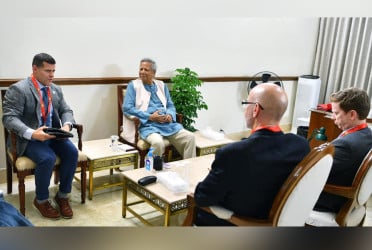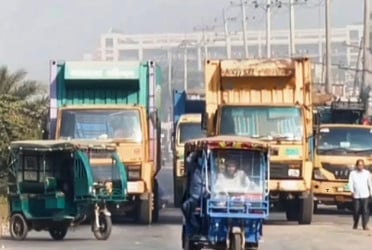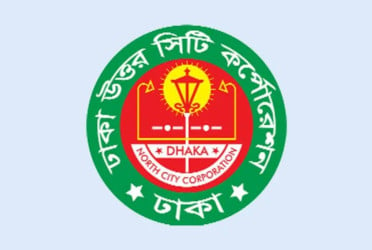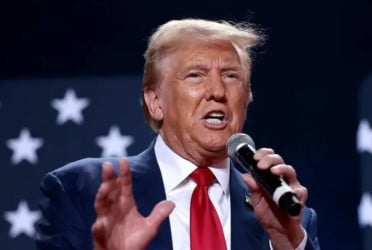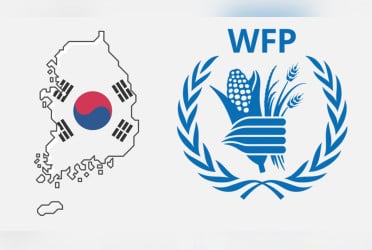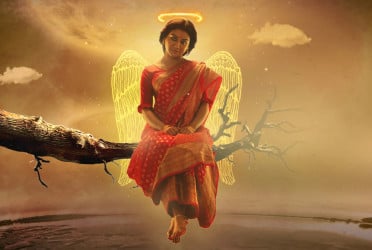The upcoming 12th parliamentary polls will be recorded as expensive in the country’s history as the election commission (EC) has estimated the approximate cost of the election is Tk 2,500 crore.
Sources said the commission will expense more than Tk 1,000 crore to conduct the polls, Tk 1,000 crore to maintain law and order, Tk 131 crore for election training purposes and Tk 21 crore to make an election app. The total cost of the election will be around Tk 2,500 crore, which will be ever big budget.
According to the sources, the EC has Tk 1,445.65 crore funds for election purposes in the current 2023-24 fiscal year. It is working to hold the election in late December or the first week of January next year.
The election commission had expensed more than Tk 700 crore in the 11th national election. But it will cost double the money in the upcoming polls. The commission has kept allocation in the current fiscal for this purpose. Out of total allocation, maximum money will be expensed to control the law and order.
Meanwhile, the Election Commission secretary Mohammad Jahangir Alam on Monday urged all concerned to wait two more days for the schedule of the ensuing election.
As per tradition, the chief election commissioner presents the schedule of the national election to the nation through television and radio speeches. For this, a recording system is maintained at the Election Commission Bhaban. However, the EC has plans for a live broadcast this year through Bangladesh Television.
EC sources said on October 30, a meeting with the law enforcement agency was held. In the meeting, law enforcement agencies gave their demand for expenses to the election commission.
This time, police sought Tk 430.25 crore, Ansar-VDP sought Tk 366.12 crore, BGB sought 145.87 crore, RAB sought 50.53 crore and Coastguard sought 78.62 crore for election duty purposes.
EC officials said, normally the commission does not give the full demand of law enforcement agencies. It depends on the number of forces and their deployment duration. However, the election commission wants to patrol law enforcers after 15 days of the election.
Ashok Kumar Debnath, Additional Secretary of the EC said, “The commission will take the final decision about deployment of the law enforcers, their numbers and duty days. Besides, striking force and mobile force will also be deployed. Money will be released based on deployment and number of the law enforcers.”
The expense will increase this time as the number of voters and voting centres have increased. Security costs will be increased alongside election conducting expenses, he added.
There will be more than 42,000 voting centres in the 300 constituencies for 12 crore voters.
The EC official also said the cash demand of Police, Ansar, BGB, RAB and Coastguard is almost the same as the 11th parliamentary polls. The armed forces will give their demand in time. The two-thirds budget of the election is expensed for security purposes. In the last national polls, 14-16 persons were deployed at every polling station. On the other hand, RAB, BGB and the Army performed their duties on patrol. Armed forces were deployed for 10 days of the election held on December 30 before one week.
Besides the law enforcement agencies, presiding officers, assistant presiding officers and polling officers will be given an allowance for two days which was for one day earlier. Even the amount of allowance is increasing. The EC will have to give more budgets for nine lakh presiding officers, assistant presiding officers and polling officers. Tk 280 crore increased only for voting officials. The total election conducting expense is estimated at more than Tk 1,000 crore. In addition, Tk 1,500 crore is estimated for the law-enforcement agencies. The total cost is Tk 2,500 crore.
The EC had expensed more than Tk 700 crore in the 11th parliamentary polls, Tk 264.67 crore in the 11th parliamentary polls, and more than Tk 165 crore in the 9th parliamentary election.
@ The article was published on print and online versions of The Bangladesh Pratidin on November 14, 2023 and has been rewritten in English by Golam Rosul.

